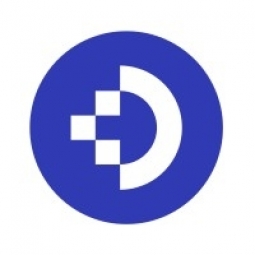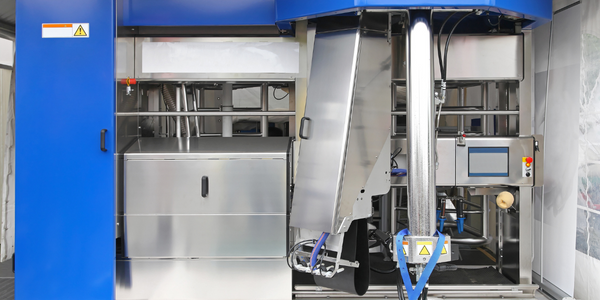Customer Company Size
Large Corporate
Region
- Europe
Country
- Spain
- United States
Product
- DocuWare
Tech Stack
- Document Management System
- ERP System
Implementation Scale
- Enterprise-wide Deployment
Impact Metrics
- Cost Savings
- Productivity Improvements
- Digital Expertise
Technology Category
- Application Infrastructure & Middleware - Data Exchange & Integration
Use Cases
- Process Control & Optimization
Services
- System Integration
About The Customer
The Newark Group is an internationally operating company based in New Jersey, USA, that specializes in paper and cardboard recycling. The company is committed to using paper in an environmentally conscious way. At Newark’s paper mills in San Andres, Spain, 93 percent of the raw materials needed to produce paper rolls come from recycled material. That number jumps to 97 percent at Videcart S.A., the company’s subsidiary in Pamplona for the production of cardboard and paper sales and transportation packaging. The packaging is used for fruit and vegetable products, which can be reused and is biodegradable.
The Challenge
The Newark Group, an international paper and cardboard recycling company, was facing inefficiencies in its administrative business processes due to the high volume of paper documents. Particularly in accounting, order processing, and production, tons of documents had accumulated over time. One employee was singularly dedicated to managing the central paper archive. Searching for certain documents was increasingly time-consuming, and the physical exchange of documents between two locations often led to documents being lost or untraceable, often because of misfiling. The company sought to eliminate these issues and lay the foundation for savvy digital workflows by introducing an electronic document management system.
The Solution
The company decided on a gradual implementation of its document management solution (DMS). They searched for a proven digital solution that supported gradual expansion as well as flexible interfaces for exchanging data with leading applications along with their internally developed ERP system, MAPPER. They chose DocuWare. The DMS implementation began in the areas of purchasing and accounting in January 2002. Processes for handling delivery slips and invoices were restructured. Incoming (A/P) invoices are now captured in the ERP system, then digitized and indexed. Processing of the A/P invoices (which includes comparing them with orders, verifying delivery slips, and everything up to releasing them for payment) is all part of their completely digital workflow. Since May 2009, the areas of order processing and production have been benefiting from the DMS. All documents associated with a particular order, including notes and additional information generated during the production process, are now also digitized and archived.
Operational Impact
Quantitative Benefit

Case Study missing?
Start adding your own!
Register with your work email and create a new case study profile for your business.
Related Case Studies.

Case Study
System 800xA at Indian Cement Plants
Chettinad Cement recognized that further efficiencies could be achieved in its cement manufacturing process. It looked to investing in comprehensive operational and control technologies to manage and derive productivity and energy efficiency gains from the assets on Line 2, their second plant in India.

Case Study
Airbus Soars with Wearable Technology
Building an Airbus aircraft involves complex manufacturing processes consisting of thousands of moving parts. Speed and accuracy are critical to business and competitive advantage. Improvements in both would have high impact on Airbus’ bottom line. Airbus wanted to help operators reduce the complexity of assembling cabin seats and decrease the time required to complete this task.

Case Study
Improving Production Line Efficiency with Ethernet Micro RTU Controller
Moxa was asked to provide a connectivity solution for one of the world's leading cosmetics companies. This multinational corporation, with retail presence in 130 countries, 23 global braches, and over 66,000 employees, sought to improve the efficiency of their production process by migrating from manual monitoring to an automatic productivity monitoring system. The production line was being monitored by ABB Real-TPI, a factory information system that offers data collection and analysis to improve plant efficiency. Due to software limitations, the customer needed an OPC server and a corresponding I/O solution to collect data from additional sensor devices for the Real-TPI system. The goal is to enable the factory information system to more thoroughly collect data from every corner of the production line. This will improve its ability to measure Overall Equipment Effectiveness (OEE) and translate into increased production efficiencies. System Requirements • Instant status updates while still consuming minimal bandwidth to relieve strain on limited factory networks • Interoperable with ABB Real-TPI • Small form factor appropriate for deployment where space is scarce • Remote software management and configuration to simplify operations

Case Study
Developing Smart Tools for the Airbus Factory
Manufacturing and assembly of aircraft, which involves tens of thousands of steps that must be followed by the operators, and a single mistake in the process could cost hundreds of thousands of dollars to fix, makes the room for error very small.





